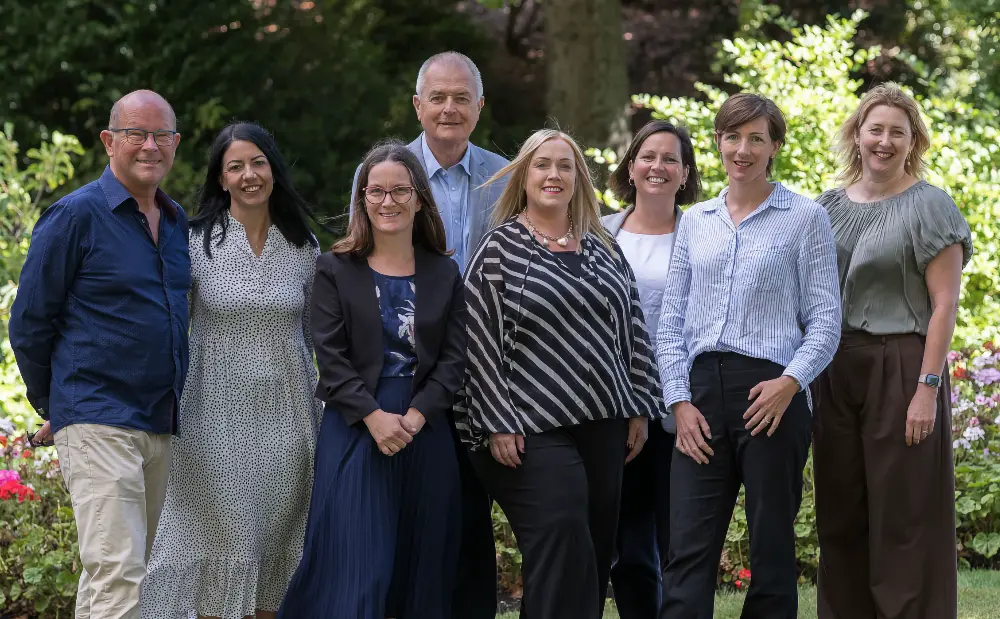Kathryn was recently interviewed by Stuff Financial Journalist Rob Stock. Have a read of the article in The Press here.
“Educate your daughters, so that they aren’t in the same position this generation of women are,” says financial adviser Kathryn Alborough.
Two reports released this week showed the stubborn persistence of the KiwiSaver gender gap, with women on average having less in their accounts than men of the same age.
And the National Capital KiwiSaver advice company estimated that based on current patterns, women would collectively miss out on billions of dollars of retirement savings as a result of the KiwiSaver gender gap.
Alborough, who also says women should educate their sons on KiwiSaver, says women should not wait around for politicians to fix the inequities.
“My advice to women is to be proactive about your KiwiSaver and long-term financial future. Don’t expect the government, your employer or your significant other to fill the gap. No one will take better care of your financial future than you,” she says.
Commerce and Consumer Affairs Minister Andrew Bayly has spoken about both his aspirations for KiwiSaver, and how women often miss out on contributions while on maternity leave.
There have also been multiple calls for greater KiwiSaver fairness, such as the Government making care contributions to the accounts of people taking time out of work to raise children, or care for sick family members.
Alborough became an adviser after working in international development, including spending two years with the United Nations Women’s Fund, and a stint in Iraq working for an NGO in the area of child protection and gender equality.
She would like to see more women seek out advice.
“Advisers aren’t only old men in suits, so don’t be put off,” she says.
An adviser will make sure your KiwiSaver is in the right type of fund, that you’re maximising the value of your contributions, she says.
She also says women should not be afraid of taking risks with their KiwiSaver money while they are young.
“Women tend to favour less growth-oriented investment strategies. This can be a mistake and will have a significant impact on their KiwiSaver fund values come retirement.”
As well as helping people pick between conservative, balanced and growth funds, advisers can help people set goals, and make plans to reach those goals, she says.
“I think that sometimes as women we need permission to be proactive about our finances. Women are a third less likely to seek advice than men.”
Financial adviser, blogger and podcaster Elizabeth Moloney-Geany from Velocity Financial says: “Advice from a female provider can be more tailored to suit female clients’ needs.”
“While any adviser should give ‘good’ advice, it is not always based on the lived experiences of women’s risk tolerance, financial education and experiences and career trajectory and interruptions,” she says.
Women should take care to research potential employers’ pay policies, specifically using a tool such as Mind the Gap, to see how they fare from a gender pay perspective.
“The gender pay gap is commonly considered one of the main causes of the KiwiSaver gap,” the former nurse says.
When economic consultancy NZIER studied the KiwiSaver gender gap in 2022, economists Michael Bealing and Christina Leung found there were four main causes – many women working part-time, the gender pay gap, time off to raise children, and “self-reported low confidence and knowledge associated with KiwiSaver”.
Moloney-Geany says women should also research employers KiwiSaver policies for parental leave as well using the Parental Leave Register looking for employers who commit to continuing to pay contributions for women on maternity leave.
Employers that do that include some banks and Auckland International Airport.
Bayly has spoken of how women might be especially disadvantaged by employers in sectors like hairdressing and early childhood education offering them “total remuneration” packages that do not include employer KiwiSaver contributions.
“Absolutely make sure you’re not being offered a ‘total rem’ package as this is very misleading for income and therefore KiwiSaver contributions,” Moloney-Geany says.
And be assertive when taking a job.
“Negotiate a higher KiwiSaver match when you take a job. They may be willing to negotiate this as part of a package so you could go to 4% or 5% which will make a difference over time,” she says.
The minimum employer contribution is 3%, but some employers do go further, and if their workers are putting in 4%, 5% or even 6% will match that.
There are also family dynamics to think about with KiwiSaver.
The Retirement Commission has found that when couples split, KiwiSaver is often not recognised as relationship property.
Alborough says: “KiwiSaver is often forgotten about when relationships break down. However, if one partner has a lower KiwiSaver balance, either due to pay differences or taking time out of paid employment to raise children, this does need to be factored into the division of assets.
“We often see women just wanting to ‘move on’ after a relationship breakdown and not factor in the repercussions years down the track of a lower KiwiSaver balance.”
Moloney-Geany says women should have a conversation with their partners to make sure the household still contributes to women’s KiwiSaver funds during any parental leave or career gaps.
“If women take time out of paid employment, make sure to keep up KiwiSaver contributions to at least get the government incentive,” she says.
– Article by Rob Stock, The Press, May 26, 2024

© 2024 Castle Trust Financial planning. All Rights Reserved. Disclosure information. Privacy Statement.